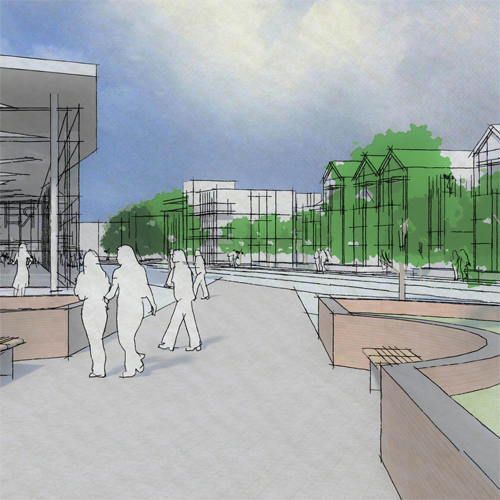Do you have a Development Project we can help with?
Environmental Impact Assessment
RMA is able to assist at all stages of the Environmental Impact Assessment process, including the provision of specialist technical studies and the co-ordination of technical inputs into a full EIA.
For larger developments the proposals will be classified as EIA development. These are set out in the Environmental Impact Assessment Regulations 2017. The requirement for EIA is set out in Schedule 1 and Schedule 2 of the Regulations.
Schedule 1 developments are large scale projects, such as power stations that require EIA in every case. Furthermore, Schedule 2 of the Regulations provides a list of development types and size thresholds above which EIA is likely to be needed.
The Local Planning Authority is responsible for determining if EIA is required. This process is known as EIA Screening. Therefore, a formal request can be made to the Local Authority for a Screening Opinion, who have a statutory period of 3 weeks to respond.
In addition, should development proposals require an EIA, the key first stage of the process is known as EIA Scoping. This is a crucial step as it involves defining the scope of the EIA which potentially allows a number of studies to be ‘scoped out’ of the EIA process resulting in savings on cost and time. As for EIA Screening, a formal submission of a Scoping Report can be made to the Local Authority, who have a statutory period of 5 weeks to respond.
The final stage in the EIA process is to carry out the agreed scope of assessment work, including the design of mitigation measures where required and the preparation of an Environmental Statement.

